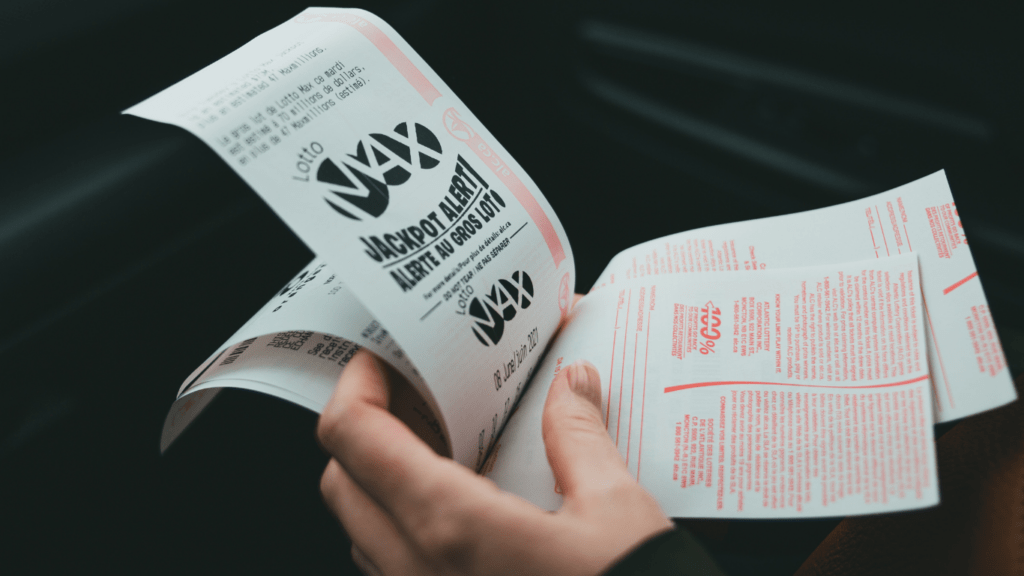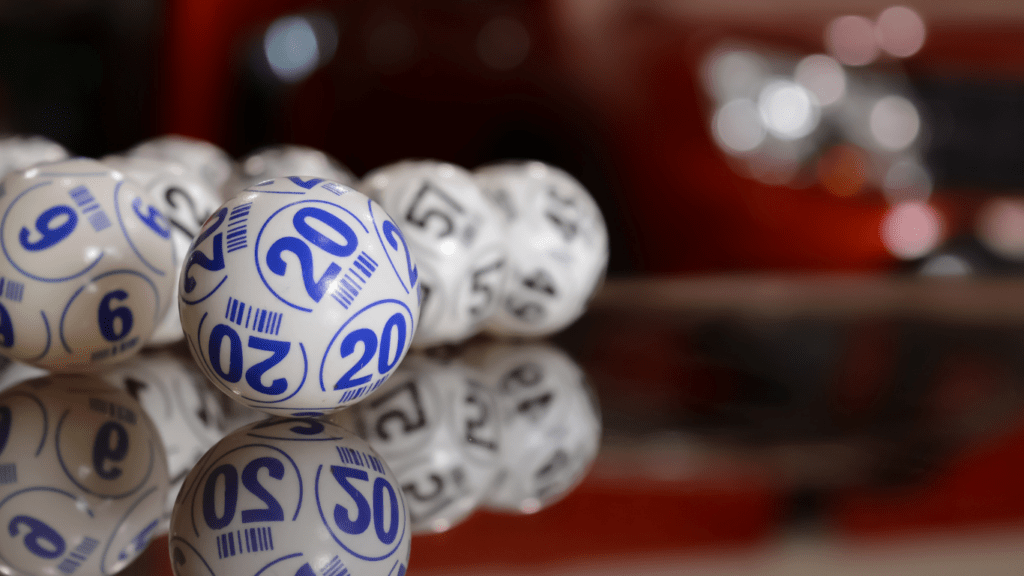Understanding Lottery Odds
Lottery games hinge on probability, not personal beliefs. Each ticket purchase involves understanding the mathematics underpinning these odds.
The Mathematics of Randomness
Randomness governs lottery draws. Each number combination carries the same probability, regardless of past or future outcomes. In a standard 6/49 game, the odds are about 1 in 13,983,816. Each draw resets the probability, ensuring an unbiased chance every time. Patterns or sequences hold no predictive power.
Common Misconceptions About Lottery Probability
Many assume patterns or previous outcomes affect future draws. Believing a number is “due” because it hasn’t appeared recently misinterprets randomness. Some think picking popular numbers increases their chances. In truth, small-scale strategies have no impact on large-scale odds, with each moment independent of choices made before.
The Myth of Lucky Numbers
Many believe that lucky numbers bring fortune in lottery games. However, the notion lacks factual support.
Cultural Beliefs Surrounding Lucky Numbers
- Different cultures attribute significance to certain numbers.
- In Chinese culture, the number 8 is considered lucky due to phonetic similarities with the word for wealth.
- Conversely, 4 is avoided as it sounds like death.
- Western cultures often view 7 as a lucky number, associated with positive biblical references and mystical notions.
- Despite these cultural beliefs, numbers themselves lack any inherent power to influence lottery outcomes.
Anecdotal Evidence Versus Statistical Facts
Stories of winners citing lucky numbers often spread, but these are isolated occurrences. While someone may win using a particular set of numbers, this doesn’t establish a causal link between the numbers and victory. Stack up anecdotes against statistical facts, and the latter shows that each number combination holds identical odds. For instance, every combination in a 6/49 lottery has a 1 in 13,983,816 chance of winning. Despite personal stories suggesting otherwise, objective analysis confirms that luck is not a factor in these games.
Psychological Factors at Play
Many lottery players believe in the power of lucky numbers due to common psychological factors. These factors often give players false confidence in their choices, even though all number combinations have equal odds.
The Illusion of Control
People often believe they can influence outcomes in random events like the lottery. This illusion of control leads players to choose numbers they feel are special or significant. However, outcomes in lottery games are determined solely by chance, not personal preference or perceived influence. This belief can result in the selection of the same numbers repeatedly, despite their lack of statistical advantage.
Confirmation Bias in Number Selection
People tend to remember wins more than losses, leading to confirmation bias. This bias causes players to recall instances when their chosen numbers were successful while ignoring countless losses. For example, a player may focus on the rare occasion when their lucky number appeared in a draw, reinforcing the belief in its effectiveness, even though each number has the same probability. This selective memory skews perception, making the chosen numbers seem more reliable than they statistically are.
The Science Behind Random Number Generation

Lotteries rely on randomness to maintain integrity and fairness. Understanding the technology behind generating winning numbers dispels myths about influencing outcomes.
How Lotteries Generate Winning Combinations
Lotteries use random number generators (RNGs) to ensure unbiased draws. RNGs, typically computer programs, produce unpredictable numerical sequences without any pattern. Each draw is independent, meaning the past doesn’t affect future results. For transparency, lotteries often combine mechanical and digital methods. Choosing winning numbers involves either drawing balls mechanically or using computer-generated sequences, ensuring every ticket has an equal chance at winning.
The Role of Algorithms in Number Selection
- Algorithms underpin the process of number selection, delivering randomness essential to fair lotteries.
- These algorithms simulate entropy, the measure of randomness, by leveraging complex mathematical models.
- Cryptographic algorithms offer enhanced security, making tampering nearly impossible.
- Regulators monitor algorithm use to maintain trust and prevent manipulation, ensuring that honesty is at the lottery’s core.
- By adhering to strict guidelines, algorithms consistently produce outcomes that mirror randomness and prevent predictability, assuring players that the game remains fair and impartial.
Strategies for Better Lottery Play
Winning the lottery requires more than just picking numbers randomly or based on patterns. Focus on practical strategies.
Random Selection Versus Pattern Play
Choosing numbers at random offers a better approach than relying on patterns. In a game bound by chance, a random selection doesn’t have a higher chance of winning than any other choice. Patterns like sequences or repeated numbers hold no advantage. For instance, picking “1, 2, 3, 4, 5, 6” provides the same odds as any other combination in a 6/49 game: approximately 1 in 13,983,816. Programs that generate random numbers can aid in avoiding subconscious pattern tendencies.
Money Management and Budgeting
Effective money management retains its importance regardless of lottery play’s uncertainty. Setting a strict budget for lottery spending helps maintain financial stability. The excitement of potential winning shouldn’t overshadow personal budgeting responsibilities. I allocate only expendable income for tickets—not essentials like rent or groceries. Staying disciplined ensures that participating in lottery games remains a form of entertainment, not a financial burden.



 Legal and Compliance Advisor for Key Gamble Lucky, Lucas specializes in navigating the complex landscape of casino game strategies, offering expert betting tips, and analyzing industry trends. With a strong background in gambling law and industry analysis, Lucas ensures that the platform remains up-to-date on regulatory changes while providing readers with valuable insights into the legal aspects of gambling. His expert advice helps readers sharpen their skills, make more informed decisions, and improve their overall betting outcomes, all while staying compliant with the latest legal standards.
Legal and Compliance Advisor for Key Gamble Lucky, Lucas specializes in navigating the complex landscape of casino game strategies, offering expert betting tips, and analyzing industry trends. With a strong background in gambling law and industry analysis, Lucas ensures that the platform remains up-to-date on regulatory changes while providing readers with valuable insights into the legal aspects of gambling. His expert advice helps readers sharpen their skills, make more informed decisions, and improve their overall betting outcomes, all while staying compliant with the latest legal standards.